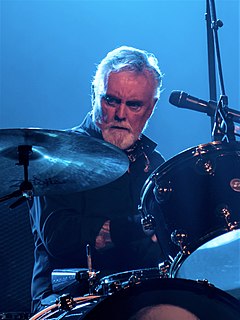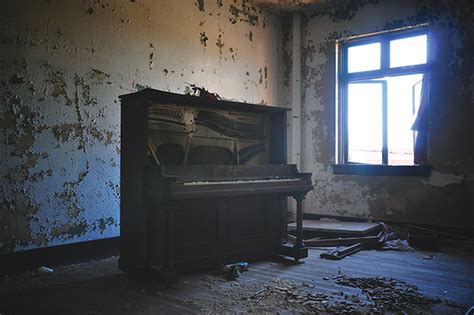Цитата Джошуа Фоера
Мы часто говорим о людях с прекрасной памятью, как будто это какой-то врожденный дар, но это не так. Учатся великие воспоминания. На самом базовом уровне мы запоминаем, когда обращаем внимание. Мы помним, когда мы глубоко вовлечены.
Связанные цитаты
Вы также конвертируете настоящие воспоминания, что бы это ни значило, в киноверсии этих воспоминаний. Потому что к тому времени, когда вы закончите проект, вы уже не сможете вспомнить настоящие воспоминания, вы просто помните их киноверсии. А потом, если фильм провалился, вы испытываете к ним отвращение. Так что я больше не думаю об этом.
Когда вы путешествуете, вы можете увидеть множество замечательных зданий, памятников и прочего, но лучшая часть путешествия — это встреча с людьми на ходу. Это люди, которые создали места, куда вы ходите в любом случае. Все мои воспоминания о путешествиях — да, есть некоторые здания или пейзажи, которые я всегда буду помнить — но я все еще думаю, что помню людей, которых встречаю, больше, чем что-либо из этого.
Даже горе отступает со временем и благодатью. Но наша решимость не должна пройти. Каждый из нас помнит, что произошло в тот день и с кем это произошло. Мы будем помнить момент, когда пришли новости — где мы были и что делали. Некоторые помнят образ пожара или историю спасения. Некоторые будут нести воспоминания о лице и голосе, ушедших навсегда.
Сомневаться в том, что видишь, — очень странный опыт. И сомневаться в том, что вы помните, немного менее странно, чем сомневаться в том, что вы видите. Но это также довольно странный опыт, потому что некоторые воспоминания сопровождаются очень убедительным ощущением правды о них, и это случается даже с воспоминаниями, которые не соответствуют действительности.
Я помню озеро Джога. Я помню Six Flags. Я помню, как ходил в торговый центр. Я болтался там. Эти большие величественные места, которые служили вершинами общества, были не только учреждениями или местами торговли. Это были общественные пространства, куда ходило много людей и делились хорошими воспоминаниями. Это очень ностальгические места.
Я часто разговариваю с людьми с ограниченными возможностями обучения, и они рассказывают о том, как их дразнили и, возможно, иногда смеялись над ними в детстве. Такого со мной никогда не было. Может быть, это было связано с моей личностью, моим темпераментом, но я не помню, чтобы меня дразнили. Я помню неловкость ухода из класса, чтобы пойти в специальный класс, но это все.
































